Get the rest of the article by Clicking here!
“Ada Lovelace,” she replied. This was followed by a long, awkward silence. Mr. Isaacson, who was just beginning work on a biography of Steve Jobs, could not recall who Ms. Lovelace was.
“She’s one of the women who has been written out of the history of computing,” his daughter replied. While some in tech know of her, Ms. Lovelace, who lived from 1815 to 1852, is far from a household name. It’s no secret that people are often erased from the history of big-tech companies. It’s so prevalent in Silicon Valley that it is known as “The Creation Myth.” But what may come as a surprise is the number of women who played a pivotal role but who are now forgotten. That is one of the central themes in Mr. Isaacson’s new book, “The Innovators: How a Group of Hackers, Geniuses, and Geeks Created the Digital Revolution,” due out Tuesday. Unlike his previous four books, all biographies of individuals, his new work is about groups and how the greatest innovations were all shaped by them. In many respects, the book could have been called “The Collaborators.” Each chapter reinforces the core premise that Mr. Isaacson made after 15 years of research: That every technology innovation, whether programming code, transistors, personal computers or the Internet, was built by groups of people (usually by borrowing from past ideas). But while a number of the men have become celebrities, most of the women are lost in a distant fog. Ms. Lovelace’s role in tech, for example, is so paramount that her story is the opening and closing chapter. An English mathematician and writer, she wrote the first-ever computer algorithm, put forth the idea that humanities and technology should coexist and dreamed up the concept of artificial intelligence. “Ada Lovelace defined the digital age,” Mr. Isaacson said in one of several recent interviews about the book. He was sitting outside the Blue Bottle coffee shop in Mint Plaza in San Francisco, known as a hothouse for programmers and venture capitalists. “Yet she, along with all these other women, was ignored or forgotten.” “If it wasn’t for Ada Lovelace, there’s a chance that none of this would even exist,” Mr. Isaacson added as he waved his hand in the air, gesturing as if to encompass all of Silicon Valley and the techies sitting around us. In her day, she was all but ignored, too. In 1843, when Ms. Lovelace’s seminal computing notes were presented to Scientific Memoirs, an English scientific journal of the day, the editors pushed back and told her colleague Charles Babbage that he should “manfully” sign his name in lieu of hers. But Ms. Lovelace is only the first of many women excluded from the annals of computing history. One infuriating moment in Mr. Isaacson’s book tells the story of Eniac, the first electronic general-purpose computer, built during World War II to calculate the firing trajectory of artillery. As Mr. Isaacson tells it, a prominent dinner was held on Feb. 14, 1946, at the University of Pennsylvania to celebrate the public demonstration of Eniac before the media, but none of the women who programmed Eniac, including Jean Jennings and Betty Snyder, were invited. “That night there was a candlelit dinner at Penn’s venerable Houston Hall,” Mr. Isaacson writes. “It was filled with scientific luminaries, military brass and most of the men who had worked on Eniac. But Jean Jennings and Betty Snyder were not there, nor were any other women programmers.” Instead, the two women took the train home alone on a cold night while the men celebrated. “Betty and I were ignored and forgotten following the demonstration,” Ms. Jennings later said. The exclusion of these women has not only reinforced stereotypes about women and technology, but has arguably had a self-fulfilling effect. In 1985, 37 percent of computer science undergraduate degrees were earned by women. By 2010, that number had fallen by half to 18 percent. Now just 0.4 percent of all female college freshmen say they plan to major in computer science. This is sadly visible at major tech companies. At Google, men make up 83 percent of engineering employees. Of Google’s 36 top-ranking executives and managers, only three are women. At Apple, male tech employees account for 80 percent of the work force. And at Facebook, 85 percent of the company’s tech workers are men. “Stereotypes are very reinforcing because as human beings we expect what is familiar,” said Sheryl Sandberg, the chief operating officer of Facebook and author of “Lean In,” in an interview. “In tech, girls don’t code because girls don’t code.” Ms. Sandberg said that it is imperative to debunk the myth that women are uninterested in technology, and show how they are not given the credit they deserve. One way of changing this, she said, “is carefully documenting the role women played in the dawn of technology.” Reshma Saujani, founder and chief executive of Girls Who Code, which aims to close the gender gap in computer science and technology, agrees. “If women had been more prominently talked about in computing, both in the history books and schools, we literally would not have the lack of women programmers that we do today,” Ms. Saujani said. “It’s about role models. You can’t be what you cannot see.” To that end, the classrooms at Girls Who Code were named after pioneers like Ms. Lovelace and Grace Hopper, who created the programming language Cobol and coined the term “computer bugs” after discovering a dead moth in a computer. Part of the problem, Mr. Isaacson writes in “The Innovators,” is how the creation myth seeks to make heroes out of individuals, rather than the group. And when the contribution of the collective is ignored, it is usually a man who gets the credit. “Most of the great advances of the digital age were done collaboratively,” he said. “There is no light bulb moment in the garage when someone comes up with a new idea.” After reading Mr. Isaacson’s book, I reached out to his daughter to ask why she chose to write about Ms. Lovelace in her college essay years ago. “I was in high school computer science classes and I never once heard about these women,” she said. “Yet the first time I had ever read about a female programmer was in a Batman comic book.” She paused and added: “Ada Lovelace played probably the most important role in computing.” Now, thanks to that college essay, Ms. Lovelace is finally getting her due.
This week is Computer Science Education Week, or “CSEdWeek,” an annual campaign highlighting the importance of learning computer science. CSEdWeek is held in recognition of the birthday of computer science pioneer Admiral Grace Murray Hopper, widely known for popularizing the idea of “debugging” a computer—a phrase inspired by her team’s removal of an actual moth from a relay in a Harvard Mark II computer in 1947. (Its remains can be found in the group’s log book at the Smithsonian Institution’s National Museum of American History in Washington, D.C.) This year, non-profit group Code.org is driving CSEdWeek activities in more than 150 countries around the world and sponsoring an “Hour of Code” campaign that encourages all students to devote an hour this week to getting a taste of computer programming.
The ability to write computer software—to code—is an important skill. It moves people from being consumers of technology to creators of it. An understanding of coding helps people learn new strategies for solving problems and harness the power of computers to realize their own visions, whatever they may be. Everyone—scientists, fashion designers, doctors, journalists, lawyers, musicians, students—can benefit from a greater understanding of how to use computing. Computer literacy is important for success in today’s digital economy, yet many American schools still view computer science education as an exotic elective. Only a handful of states allow computer science courses to count as math or science credits toward high school graduation requirements. AP Computer Science is taught in just 10% of our high schools, whereas the UK recently added computer science to its curriculum, teaching CS to all students from ages 5 to 17. China teaches all of its students one year of computer science. The CS 10K Initiative, supported by the National Science Foundation, is working to build curricula and course materials to support educators’ needs so they can more effectively teach computer science. Take some time this week to introduce yourself to computer science. Many companies, schools, and non-profit organizations—including Khan Academy, Codecademy, MIT’sScratch and AppInventor projects, and Code.org itself—are making free, hour-long coding tutorials available. We suspect you will find coding fun, creative, and intellectually challenging. With a little practice you too will be able to create your own games, websites, and applications. Question:
I know this doesn't pertain to help with coding, but I needed to ask this question in a sub where I can get productive answers from a lot of experienced programmers. I'm still in high school and over the last couple of days I've been really trying to find a career that I want to solidify as my goal to reach. I've bounced back and fourth between a couple professions that I've had in mind, but ultimately I wanted to choose something that I would enjoy. I'm a nerd whose always been deeply interested with computers a technology since I was a kid. People might say that I've got plenty of time to choose, and that most people don't even have a major set in college when they first enroll, but this is something I'd like to set my eyes on early. So what is there to programming? What's the gist of everyday life for you? How rigorous was school? Did you find learning code difficult? How much would you say you enjoy your job (if you do programming professionally)? In general, I really just want you to try and convince my why programming is the way to go. I'd love to see some perspective. Edit: I've been reading all the responses. Thank you to everyone that chimed in! It's hard to reply to everyone without saying the same thing. You guys have really changed my outlook on programming. I'm still not sure if it's for me though. I'm glad you all love your jobs. I will definitely try my hand at learning code in my spare time. Thanks once again, and if you've come upon this thread late, I don't mind seeing more points of view on the subject! Answer: I love programming because it is incredibly empowering. Learning programming takes a love of learning, and great curiosity. You ask why things work, and by learning how a system works, you learn how to manipulate the system. And suddenly, you're the one in control. You're no longer a helpless victim of the computer, forced to just deal with it when something isn't to your liking. If you wish something was different, if you wish some app or program existed, you can MAKE it exist. You can go out and MAKE things happen. You are god. To truly love programming, you need insatiable curiosity, creativity, and two beliefs: that failure is exciting, and that nothing is impossible. Curiosity is what will drive you to want to learn more about HOW and WHY things work - which is essential, because before you can manipulate a computer system, you must understand it. Creativity will allow you to come up with NEW things, it's what makes you the innovator. Programmers don't just solve problems - we solve problems by CREATING. Programming is a creative act. Finally, I'd like to share a quote by Lord Kelvin - "When face to face with a difficulty, you are up against a discovery." Programming, more than the average hobby I think, consists of near-constant failure. To not let this be discouraging, you have to really adopt an attitude where every failure is EXCITING, because it means you are on the verge of discovery - of learning something new - something that will change your understanding of this system, the way you see the world. This attitude, combined with a belief that nothing is impossible, will drive you to finish your projects and really try things that no one has tried before. And that, I think, is why I love programming. It's challenging, yes, but I am learning every day, and also getting to make things that people might enjoy or use! The end result of this skill is just so empowering - you can come up with an idea, some wild idea, and MAKE IT HAPPEN. I'm currently a Computer Science major in college, so I haven't started coding as a job yet. As with all jobs, I've heard it isn't as enjoyable as just doing it as a hobby. However, it's one of the most high-paying jobs there is, which is a huge plus. Currently, classes at my school (Carnegie Mellon) are TOUGH. They are extremely rigorous and hard, but this is also the premier undergraduate CS program in the world, so that is to be expected. I honestly think the rigor of the school depends a lot on the school, and, while you can benefit from going to a more rigorous school, programming is one of those skill-based industries where you can get a job as long as you're good at it - regardless of your schooling. Formal schooling definitely helps, though, of course! Learning code, in general, can be a frustrating experience. Coding in general is mostly time spent debugging, which can also be very frustrating. The best way to find out if coding's right for you is to try to do it. It's definitely something you can teach yourself by learning from online tutorials, for instance, so try it out and see if it's something you enjoy. Good luck and hope this helps! |
|||||||||||||||
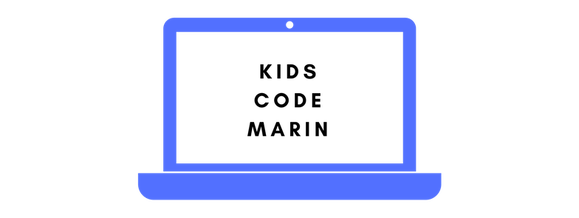
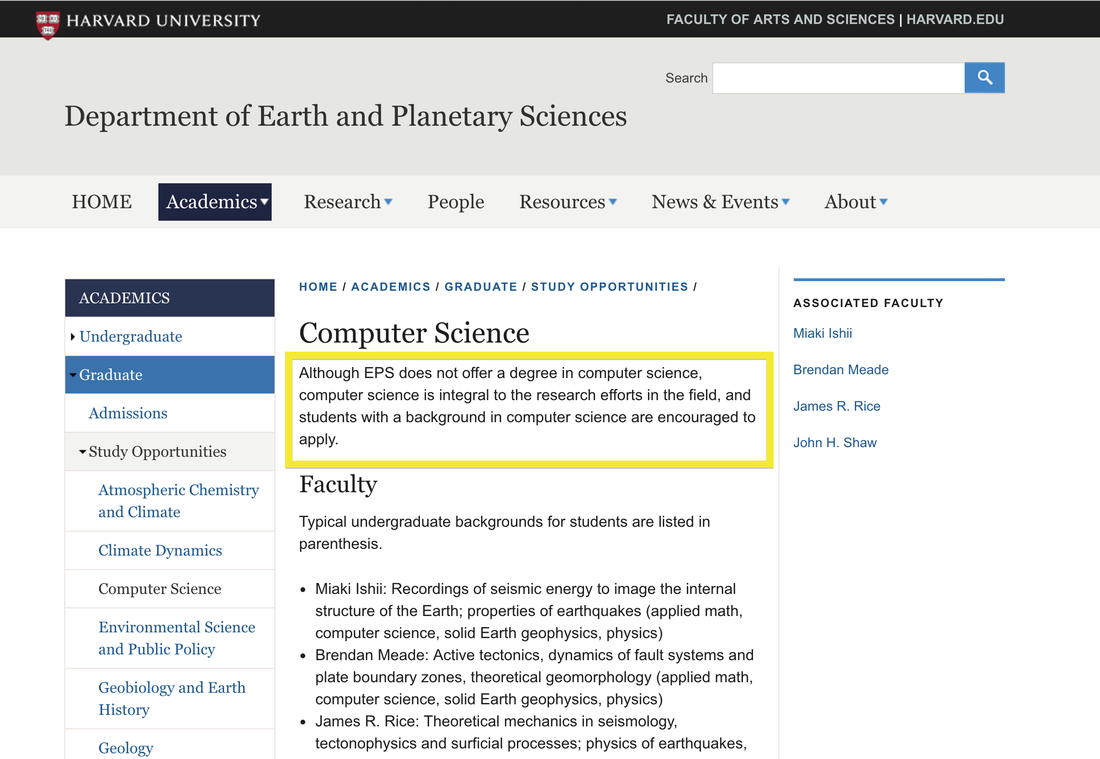
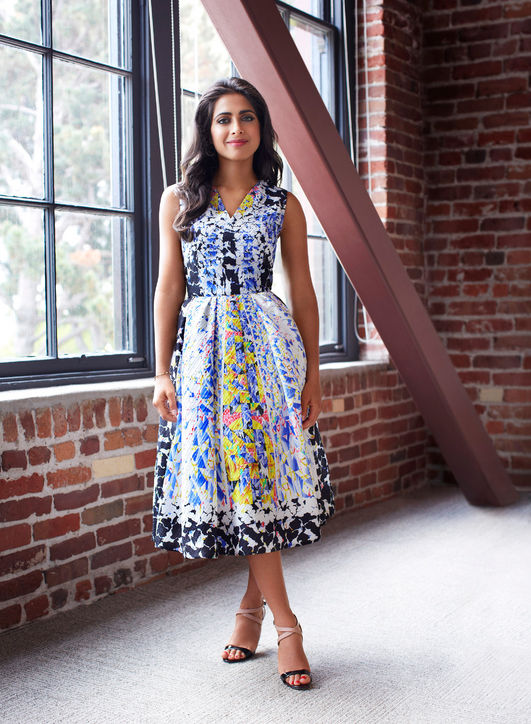

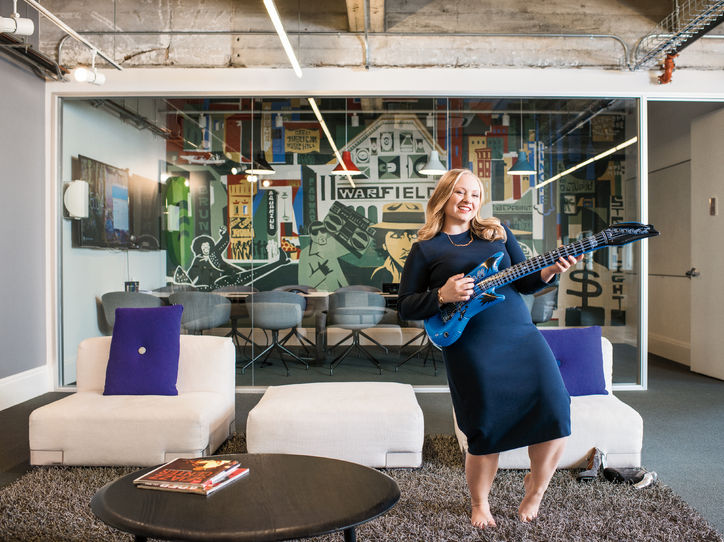
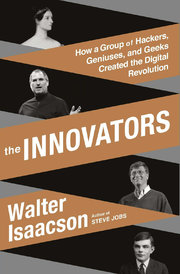
 RSS Feed
RSS Feed